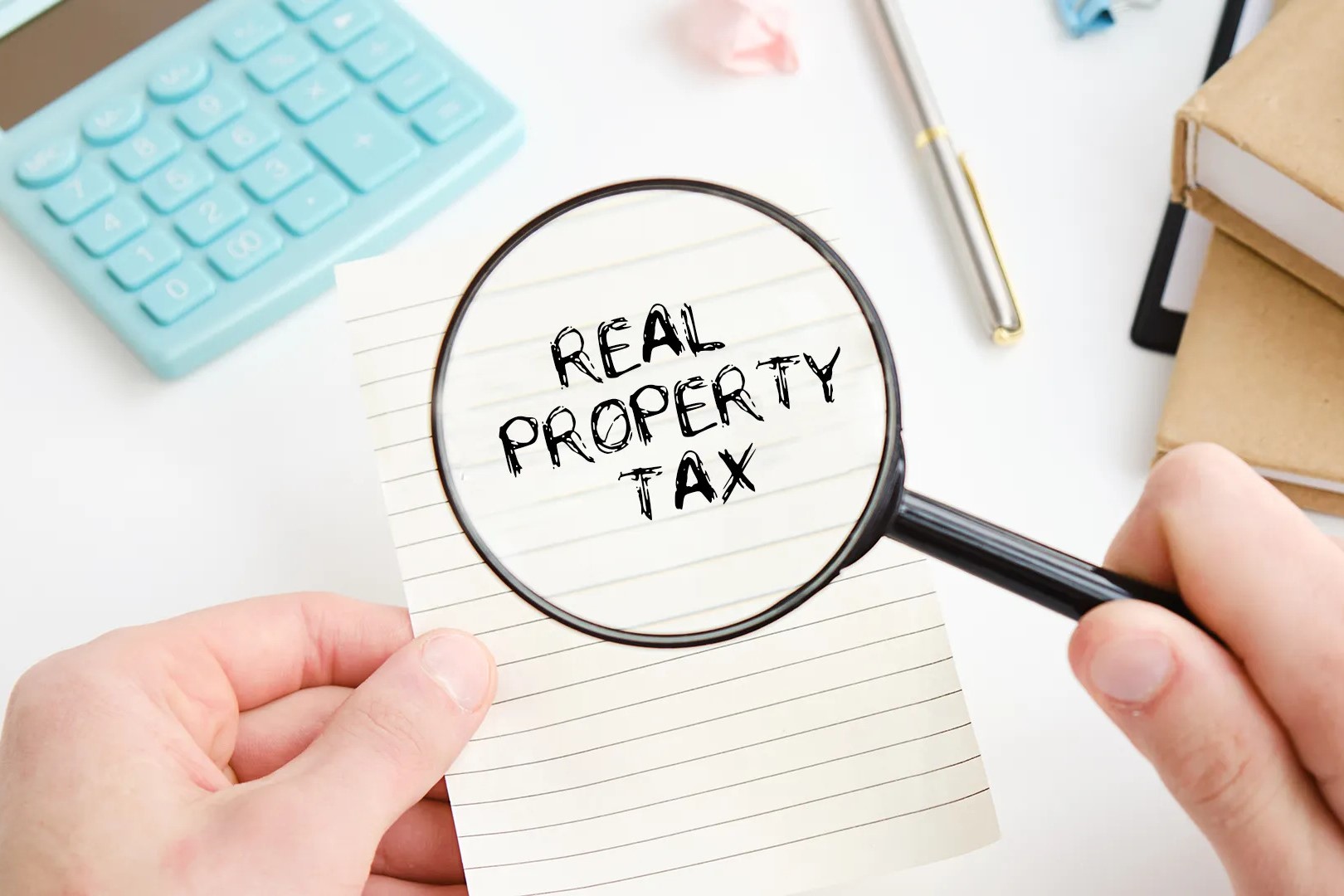
Protecting Property Rights: Part II
- Insights, Legal and Regulatory
- January 11, 2024
In the realm of Philippine law, the concepts of accion publiciana and accion reivindicatoria play a vital role in resolving disputes over real property. Both legal actions are civil in nature, but they are distinct from each other in terms of their purpose, nature, and the relief sought by the parties involved. Let’s delve into each of these actions to gain a better understanding of their significance in property disputes.
What is the difference between Accion Publiciana and Accion Reivindicatoria?
Accion publiciana is an ordinary civil proceeding to determine the better right of possession of realty independently of the title when dispossession has lasted for more than one year.
Accion reivindicatoria, on the other hand, is an action to recover ownership (not only physical possession) also brought before the proper regional trial court in an ordinary civil proceeding.
What is accion publiciana?
Accion publiciana is a legal remedy used to recover the right to possess a piece of real property when a person is unlawfully deprived of such possession.
What is the sole issue in accion publiciana?
The only issue is, “Who has the better right of possession?”
Can the court pass upon the issue of ownership in accion publiciana?
The objective of the plaintiffs in accion publiciana is to recover possession only, not ownership. However, where the parties raise the issue of ownership, the courts may pass upon the issue to determine who between the parties has the right to possess the property [1].
When can I file an accion publiciana?
It can be filed when the adverse possessor has been in possession of the property for more than one year but less than ten years.
What is the prescriptive period of accion publiciana?
The prescriptive period of accion publiciana in the Philippines is ten (10) years from the time the cause of action accrues, which is when the adverse possession or deprivation of possession takes place [2].
What is accion reivindicatoria?
Accion reivindicatoria or accion de reivindicacion is an action whereby plaintiff alleges ownership over a parcel of land and seeks recovery of its full possession. It is a suit to recover possession of a parcel of land as an element of ownership [3].
What is the sole issue in accion reivindicatoria?
The basic question in such an action is whether the plaintiff has presented sufficient evidence to prove his ownership of the properties in question [4].
What is the prescriptive period of accion reivindicatoria?
- Four (4) years – if based on fraud from the issuance of certificate of title over property.
- Ten (10) years – if based on implied or constructive trust.
- Imprescriptible – when plaintiff is in possession of property [5].
Where can I file accion publiciana and accion reivindicatoria?
RTC – if the assessed value of the property exceeds Four Hundred Thousand Pesos (Php400,000.00)
MTC – if the assessed value of the property does not exceed Four Hundred Thousand Pesos (Php400,000.00) [6].
References
Supapo v. Sps. de Jesus, 758 Phil. 444 (2015).
Article 1141 of the Civil Code.
Vda. de Villanueva v. Court of Appeals, 403 Phil. 721, 730 (2001).
Amoroso v. Alegre, Jr., G.R. No. 142766, June 15, 2007.
PEZA v. Fernandez, G.R. No. 138971, June 06, 2001.
R.A. No. 11576, July 30, 2021.
Our Latest Blogs
- Insights

Understanding Real Property Taxation (RPT)
A real estate tax is a direct tax on the ownership of lands and building or other improvements thereon, not especially exempted, and is payable regardless of whether the property is used or not, although the value may vary in accordance with such factor. It is a fixed proportion of the assessed value of the property taxed, and requires, therefore, the intervention of assessors. It is

Reconstitution: Restoring Lost or Destroyed Land Titles
Owning a piece of land is a dream for many individuals and families in the Philippines. It represents security, stability, and a tangible asset that can be passed down to future generations. However, the unfortunate reality is that land title documents can sometimes be lost or damaged due to unforeseen circumstances, leaving landowners in a state of uncertainty. This is where the

Titling Unregistered Lands
The Philippines is a country blessed with diverse and abundant natural resources, including land. Properly securing land ownership is essential for individuals, families, and businesses alike. Land titling is the legal process by which ownership of a piece of land is established and officially recognized by the government. What are the benefits of a titled land? Land title provides legal proof of ownership, ensuring that the landowner’s
